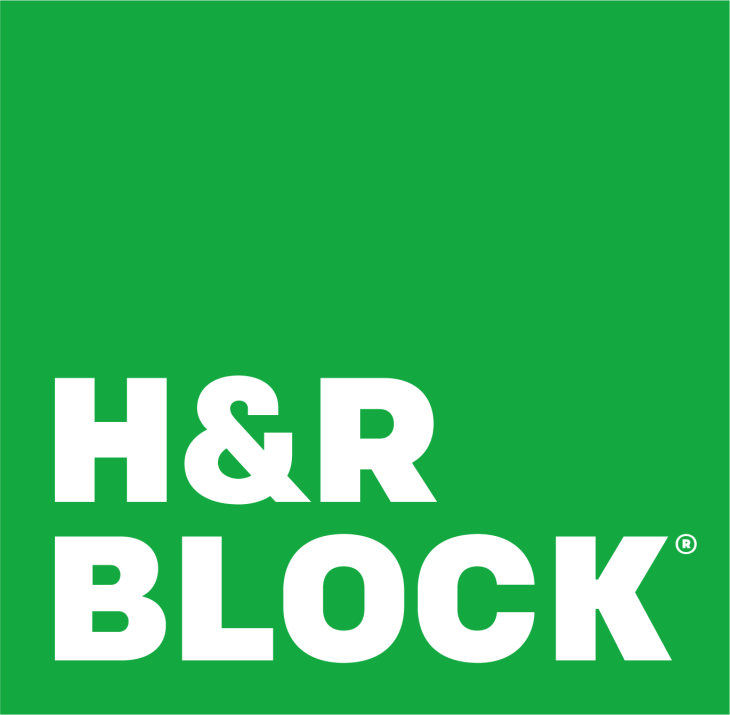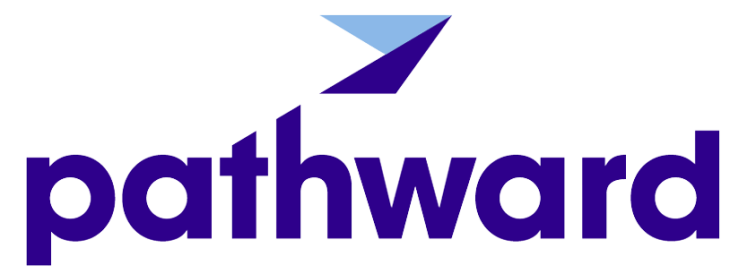by Erin Slowey
Two states have explicitly said they’ll take part in an IRS-run free online tax filing tool pilot program that’s expected to kick off in time for the 2024 filing season, even though a report this week said the pilot won’t immediately support state tax return filing.
California and Washington—which doesn’t have a state income tax—confirmed they will be participating in the pilot program, though officials from those states declined to comment further on the tool’s rollout ahead of an IRS announcement. Nebraska and Massachusetts officials told Bloomberg Tax they expressed interest in the pilot but are waiting for the IRS’s selection of states.
Republicans and tax-prep companies have been pushing back on the IRS-led tool, saying it’s unnecessary and a conflict of interest for the IRS to be a tax return preparer as well as collector and enforcer. Most states just want to make filing returns easier for taxpayers while not upending processes already in place and adding costs.
The IRS is trying to decide how its program will work with states—some of which don’t have their own state income taxes and others who already have their own direct file systems in place. The ability to file both state and federal taxes is a key point for many taxpayers interested in the tool. The agency didn’t immediately respond to a request for comment on the status of the pilot program or which states have shown interest.
Of the 44 states that responded to Bloomberg Tax, 38 said they didn’t express interest or won’t be participating in the pilot program. Officials in some states like Oregon, Illinois, and Vermont said they will sit on the sidelines this year, but will be watching as the program develops. Others pointed to the lack of income tax in their states as a reason why they aren’t participating.
“To bring all states in during the pilot phase is not only unrealistic but it is also wrong—you need to test how it works in some instances and learn from that, improve and add more,” said former National Taxpayer Advocate Nina Olson, now executive director of the Center for Taxpayer Rights.
Roadblocks to Integration
The IRS announced in May that it plans to establish a pilot program after the Inflation Reduction Act set aside $15 million establishing a task force to study the feasibility of the tool. The agency solicited help from states, asking them to express interest by Sept. 4, though not publicly detailing what participating in the pilot would entail.
IRS Commissioner Danny Werfel wrote in a letter to the Federation of Tax Administrators in July that the agency would soon “finalize our plans for state tax integration and pilot strategy so we can focus on the technical aspects involved in testing a potential new filing option for taxpayers and state tax administrators.”
And this week’s report from the Treasury Inspector General for Tax Administration found that state tax return filing won’t be an option for the pilot program but that the IRS task force has been “working with states and other stakeholders to include limited State income tax filing information sharing to help facilitate State tax return filing for the taxpayer.”
The federal direct filing system is projected to cost between $64.3 million and $248.9 million, depending on how many taxpayers use the IRS option, the agency estimated in the May report.
Waiting and Watching
The odds seem to be stacked against a full state-federal integration.
A survey from the MITRE Corporation found that taxpayers would be less interested in an IRS-run e-filing system if it didn’t include state tax returns. The survey was independently commissioned and part of the IRS’ report to Congress in May.
In some states, taxpayers may qualify for already existing free e-filing programs like in California, Nebraska, and Massachusetts, depending on their income.
California is an attractive partner for the IRS because of its large population and experience experimenting with different ways to offer tax filing options, said Ariel Jurow Kleiman a professor at the Loyola Law School in Los Angeles. She also served on the independent third-party task force to evaluate the feasibility of the IRS running a direct file system.
Wisconsin, which also has its own direct file system, won’t be working with federal pilot program, citing a tight timeline and resource constraints.
“A new direct file system would require many hours of IT programming and testing to ensure its viability,” Patty Mayers, communications director for the Wisconsin Department of Revenue, told Bloomberg Tax in an email. “We had recent cuts to our administrative budget, so we do not currently have the funding required to make the program successful.”
North Carolina also cited technology constraints.
“It would also require us to coordinate with tax software vendors,” Donna-maria Harris, public affairs director at the North Carolina Department of Revenue, said in an email. “Like many states with income tax, NCDOR believes the timing is insufficient to satisfactorily join the Direct File pilot program and, at the same time, efficiently collect the largest portion of our state’s revenues.
Other states, like Ohio and Oregon, are actively developing their own direct file system. Ohio’s went live in September. A Pennsylvania revenue department official also said it just finished a five-year modernization plan that included moving the state’s tax and revenue programs into a new, unified system.
A revenue spokesperson in South Dakota, which also has no state income tax, said it was still talking with the IRS, and a Kansas official said it hasn’t been determined whether the state will participate.
“Keeping it simple will just be the best way to ensure the success of the program and user satisfaction,” said Jurow Kleiman. “I think if they try to include too many features at once or reach too many people at once they just have more opportunity for mistakes and for disappointment.”
Officials from Arizona, Kentucky, New York, Oklahoma, Rhode Island, and West Virginia didn’t immediately respond to requests for comment.
—With assistance from Michael J. Bologna.




